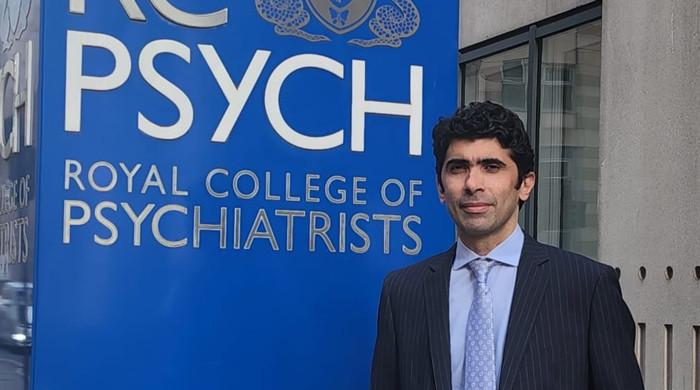Tennis-Players may be risking health by popping pain pills
For all the talk of banned performance-enhancing drugs in sport, mundane over-the-counter anti-inflammatory pain medications may be more of an issue on the tennis tour, according to numerous...
August 29, 2016

For all the talk of banned performance-enhancing drugs in sport, mundane over-the-counter anti-inflammatory pain medications may be more of an issue on the tennis tour, according to numerous players.
Indeed, players competing at the U.S. Open which starts on Monday could be risking their long-term health by playing through pain to achieve their goals.
In the final grand slam event of the year, when the likes of Novak Djokovic and Serena Williams are battling injuries, many are likely to popping pills to push their aching bodies one more time.
"You would be surprised how many anti-inflammatories I take," said 15th-ranked Richard Gasquet, a Frenchman who has suffered numerous injuries during his career.
"I do it a lot. Not during practice, but before matches. It's not something I would choose to do, but sometimes I have no choice.
"It's nothing crazy to take anti-inflammatories. I imagine all the players are doing it. I know a lot of football (soccer) players, they do it a lot."
Taking pain medication, before and after matches, has become the norm as the boundaries of physical possibility continue to expand.
But taking too much is believed to actually slow down the recovery process after injury and taking them too regularly can cause long-term harm, some experts say.
"With respect to non-steroidal anti-inflammatory drugs, persons should take as little as possible for the shortest duration possible," Dr Eric Matteson, a consultant in the Division of Rheumatology at the Mayo Clinic, said by email.
"The concerns with prolonged use are risks of developing kidney failure and hypertension, as well as stomach ulcers."
Goran Ivanisevic said taking anti-inflammatories was a necessary evil.
"When I won Wimbledon (in 2001), I was smashing them," he told Reuters.
"I took them like candies. After a while I didn't even feel it, it didn't do me any good. But when you have a chance, in my case, to win Wimbledon, you take whatever, you don't care.
"I hated pain so if the doctor said 'take two' I'd take five. But in the end I had shoulder surgery. The pain was so big that pain killers didn't work so I had to have surgery.
"Pain-killers are actually the best thing you can take, it just prevents (pain) for that moment, for a week or two, but hopefully something worse doesn't happen and then you are in more trouble."
The women's tour, the WTA, distributes detailed information to its players warning them of the dangers of over-use, while the men's tour, the ATP, says its physicians only prescribe anti-inflammatories "when indicated for the treatment of an injury".
Andy Murray, who will try to add the U.S. Open to his recent Wimbledon and Olympic titles, is one of the more careful ones.
"I only take an anti-inflammatory now and then if I'm having problems with my back or my hips," he said.
Jo-Wilfried Tsonga, twice a semi-finalist at Wimbledon, agreed.
"I just hate these kind of things," the Frenchman said. "I take them really if I will play a semis or a final (if) I have something and I don't want the pain at all. Otherwise, I would not take it at all. I prefer to feel the pain and see how (the injury) is.
"In the past, I had so many problems in my body, I took them sometimes. But it doesn't mean you don't have anything. It's just a fake. Sometimes you do worse to your body when you take these kind of things."
But Mark Philippoussis, the Australian who reached the Wimbledon final in 2003, said ambitious players have little choice.
"You do whatever it takes to get on the court and give yourself the best chance," he told Reuters.
"Advil (ibuprofen), anti-inflammatories, that's like vitamin C for athletes. It's part of life. It's what you have to do."











